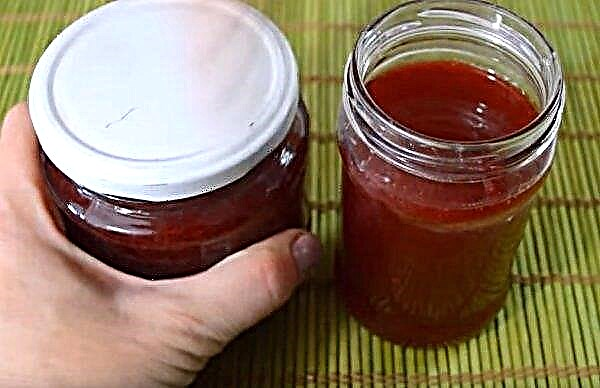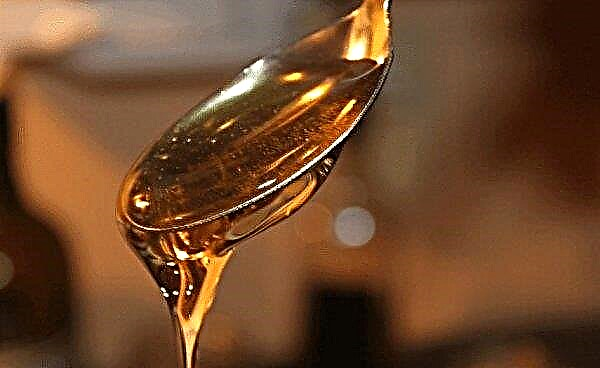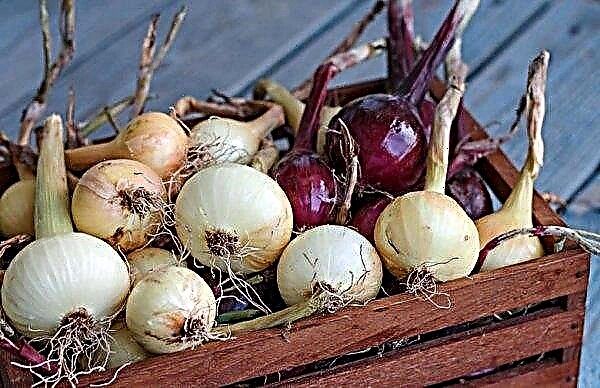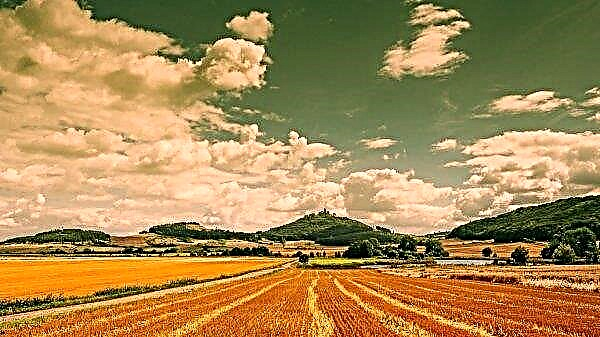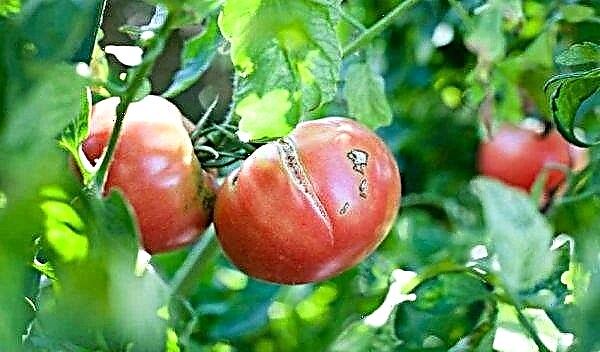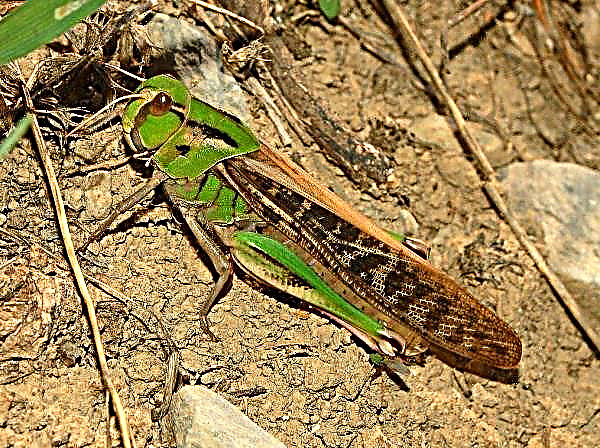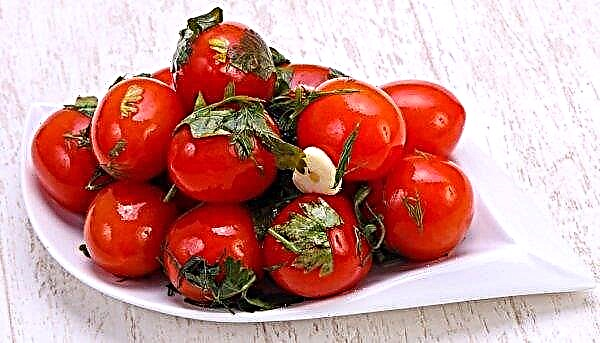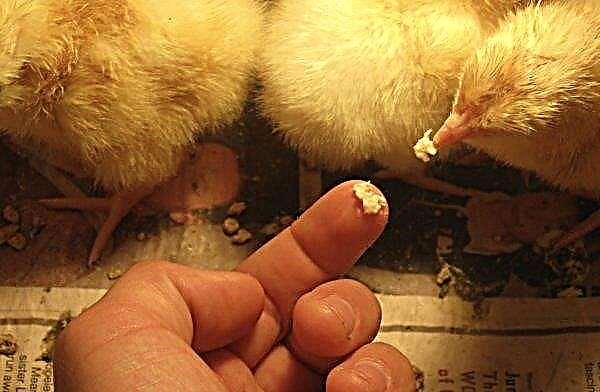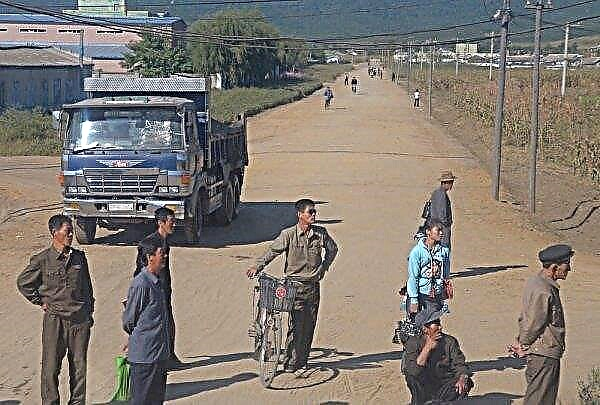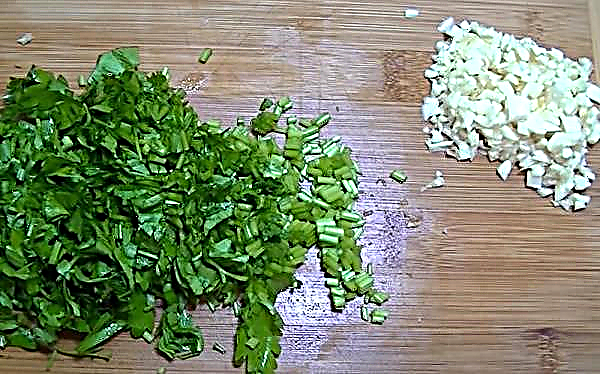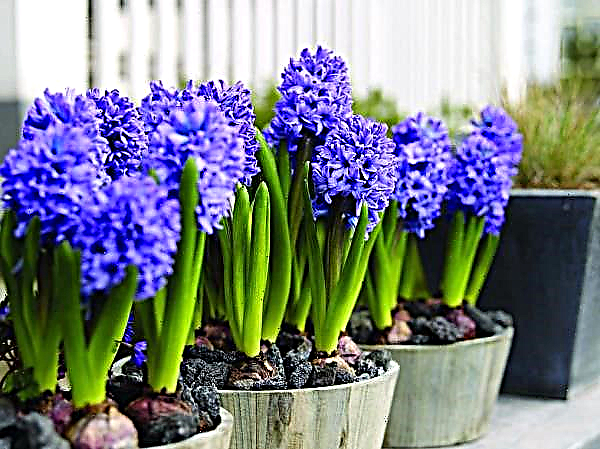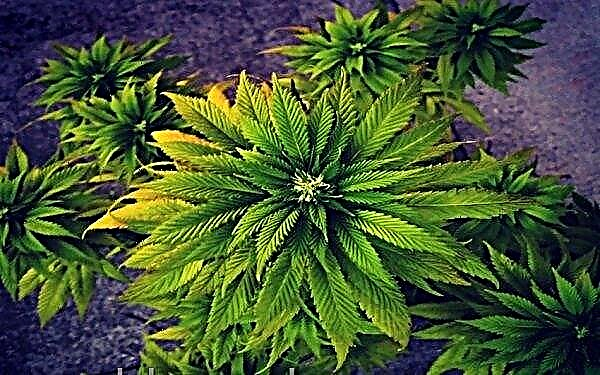Beekeepers of the Larguego community in Chaco Salteno collect unique wild honey. It is produced by bees that live in hollow trees.
The community’s most important product is honey harvested by wild bees. After 2 months of the flowering season, in mid-August, it begins to accumulate in the hives.
Harvesting is better in November, during the rainy season. Bees are closely monitored to determine hollow tree trunks or branches where honey can be found.
Wax is also extracted with it, then the mixture is pressed to separate one mass from another. After that, to remove impurities, the product is filtered, passing it 3 times through a cloth, and then packaged for sale.
The Larguego community created the Presidium, 70% of which are beekeepers. They have been engaged in beekeeping for more than 10 years, collect and sell honey. The Bureau also supports the work of women in the community who collect wild fruits from various tree species.
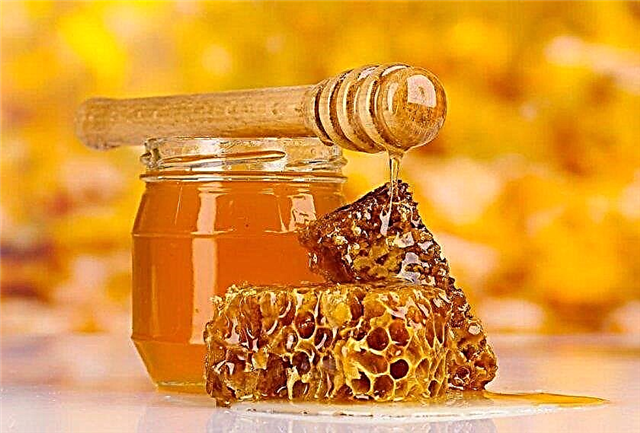 The most expensive honey in the world is Life Mel, which is produced in Israel. Bees collect pollen from Siberian ginseng and echinacea, and a 120 g jar costs $ 84
The most expensive honey in the world is Life Mel, which is produced in Israel. Bees collect pollen from Siberian ginseng and echinacea, and a 120 g jar costs $ 84
The Presidency Coordinator, Juan Ignacio Pearson, was recently asked a couple of questions from Slow Food: “What does the community strive to achieve with the creation of the Presidency?” and “What does this product represent for the indigenous population?”
Direct speech: “The main goal of the Presidium is to support the collection of Wichi honey obtained from wild hives. In addition, the body was created to improve the production and commercial chain of honey production and, in general, to promote products of indigenous communities, ”says Juan Ignacio.
Direct speech: “Wild honey is vital for our people, as it is directly related to its culture, knowledge and land. This is of great value. Harvesting honey is an activity that demonstrates the knowledge of our ancestors, and at the same time confirms the community’s ownership of their lands, ”adds the Presidium coordinator.
- At the TENTORIUM RULAND beekeeping product processing plant, a new food production line for athletes (natural apibatons) was inaugurated.
- Earlier we also wrote about how to make cedar honey.
- Since his entire honey crop was contaminated with glyphosate, the beekeeper threw honey in front of the Berlin Ministry of Agriculture on Wednesday.

